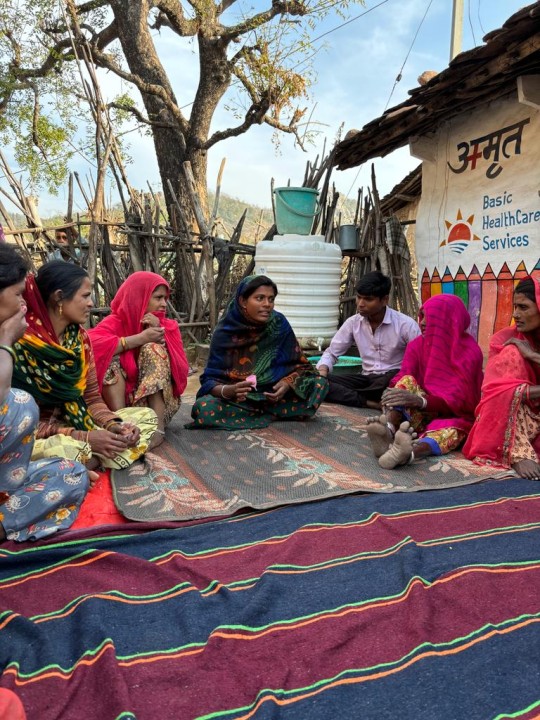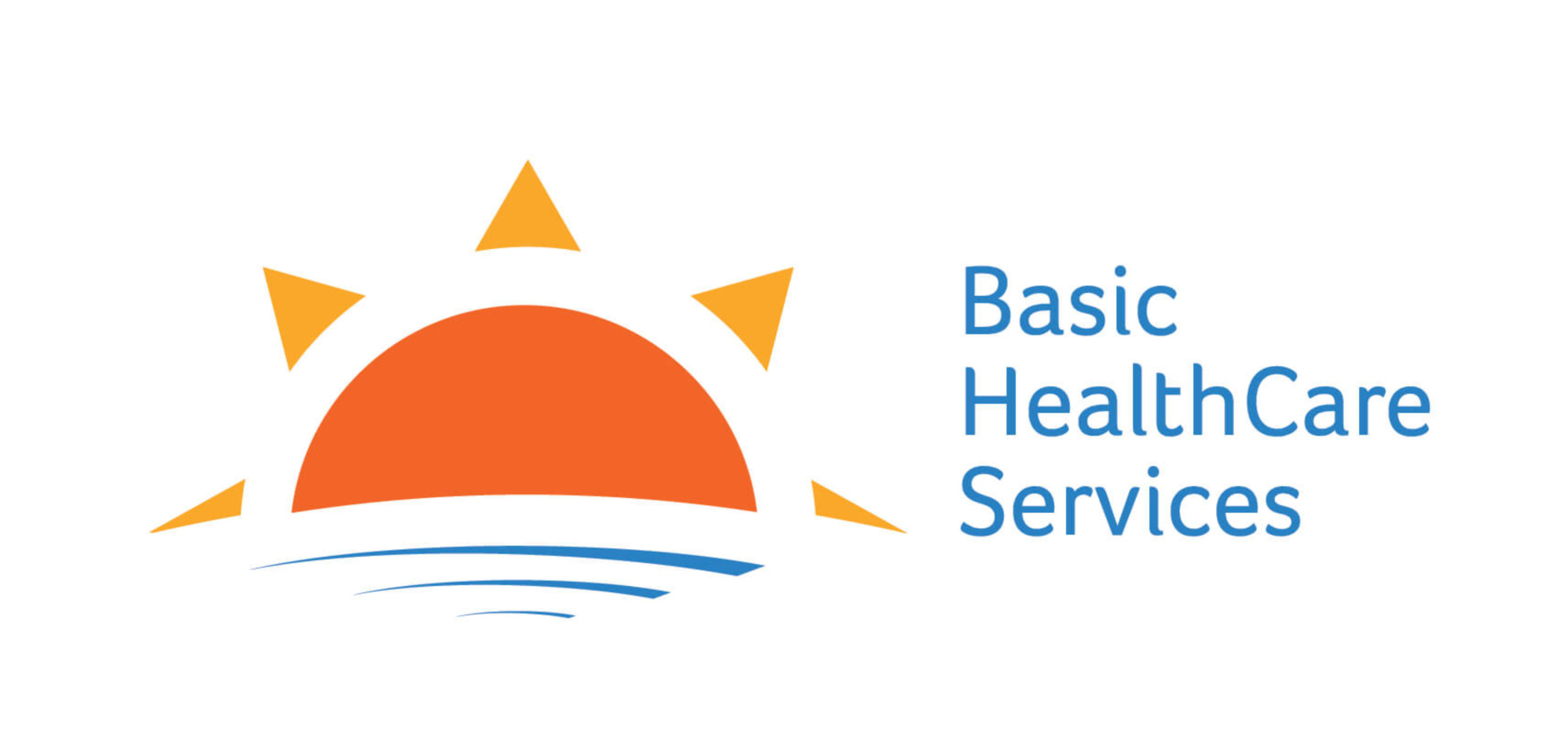There is no doubt that India’s journey in the menstrual health space must be commemorated, especially in the backdrop of the institutional lead provided by the Supreme Court. In April 2023, the Supreme Court recommended the implementation of a ‘uniform national policy’ to provide free sanitary pads to all girls from grades 6 to 12, as well as to ensure that all schools have separate toilets for female students.
We would like to take this opportunity to also shed some light on some nuances of menstrual health as we see in the rural tribal communities of southern Rajasthan. Although we are in 2024 and a lot of innovations have been made in-terms of menstrual health and hygiene management from home-made sanitary napkins to menstrual cups, but accessibility and reach of them remains limited. We still see poor acceptance of menstrual products, limited knowledge and awareness about menstruation among young girls, hesitancy to talk about menstrual health.
When asked, “Will they tell their daughters about menstruation?”
Some women replied, “These type of conversations cannot be done with mother and daughter. They would learn from their friends or sister-in-law.”
We are living in a society where open conversations between mother and child is still improbable. How do we expect a child to feel confident, happy, respected, hygienic, socially included? There are myriads of socio-cultural norms and practices which burden them with stigma, socially exclusion and eventually affecting their routine life.
Building on our understanding of these issues, we initiated cofocusing on menstrual health and hygiene among the women of tribal communities. To foster a supportive environment where menstruation is understood, respected, and managed with dignity, we’ve collaborated with Action Research & Training for Health (ARTH) who have a rich experience in menstrual health. They’ve come on board as a valuable resource, contributing to our strategy development and conducting training sessions for our team members.
 Along with health awareness session we also, introduced menstrual cups to the women. Initially women laughed but excited to see the cup, as it was a new thing for them. It is encouraging for us to see the acceptance of the women for menstrual cups, since many of our field staff and community women have adopted the cups as an option. They shared that menstrual cups don’t need to be changed frequently, there’s no need to think about where to dispose of them, and no one even knows when we’re on our periods, so we feel very comfortable. We hope the acceptance for the menstrual products will increase as we try to open the basket of choices for them.
Along with health awareness session we also, introduced menstrual cups to the women. Initially women laughed but excited to see the cup, as it was a new thing for them. It is encouraging for us to see the acceptance of the women for menstrual cups, since many of our field staff and community women have adopted the cups as an option. They shared that menstrual cups don’t need to be changed frequently, there’s no need to think about where to dispose of them, and no one even knows when we’re on our periods, so we feel very comfortable. We hope the acceptance for the menstrual products will increase as we try to open the basket of choices for them.
It’s inspiring to see both male and female health workers having conversations among themselves and with the community, despite the hesitancy around menstrual health. Our female health workers conducting sessions in the presence of men in the community is particularly encouraging. On menstrual day let’s celebrate the people who despite of social obstacles continue to raise awareness about the issue!
Written by Sofia, Executive – Training BHS
